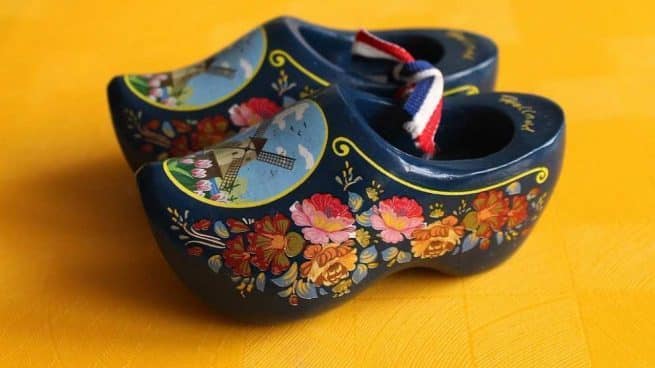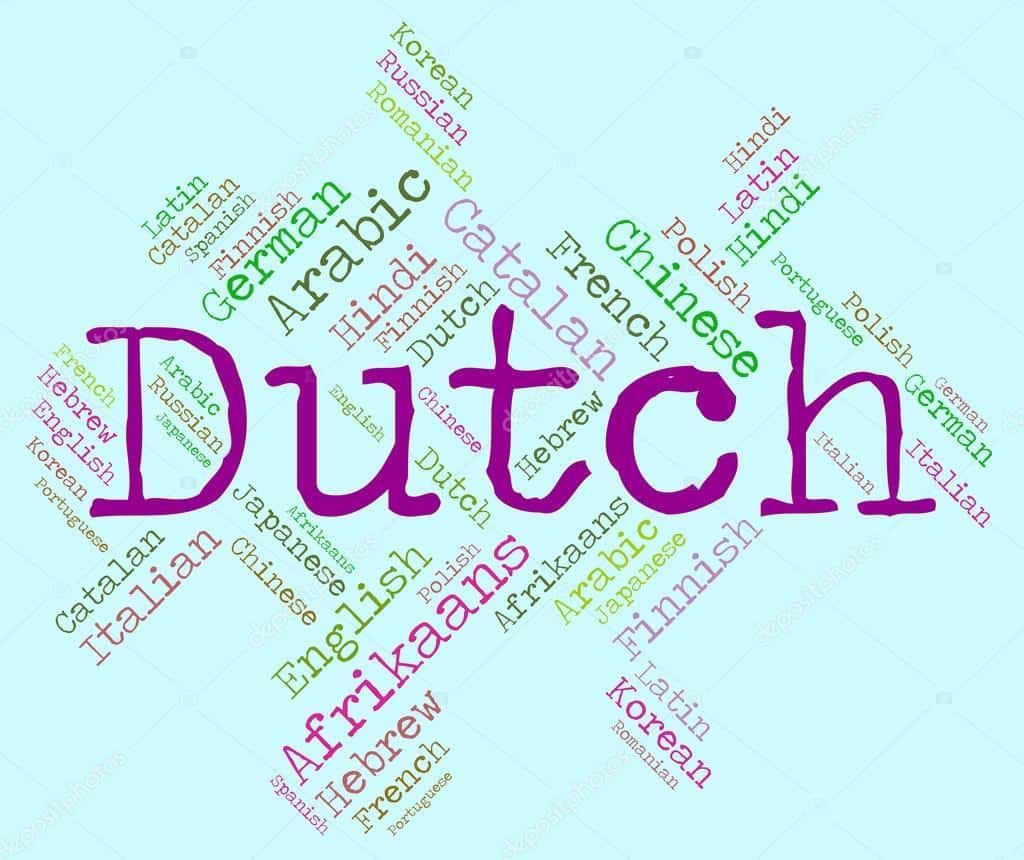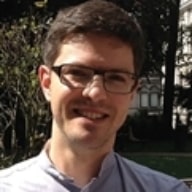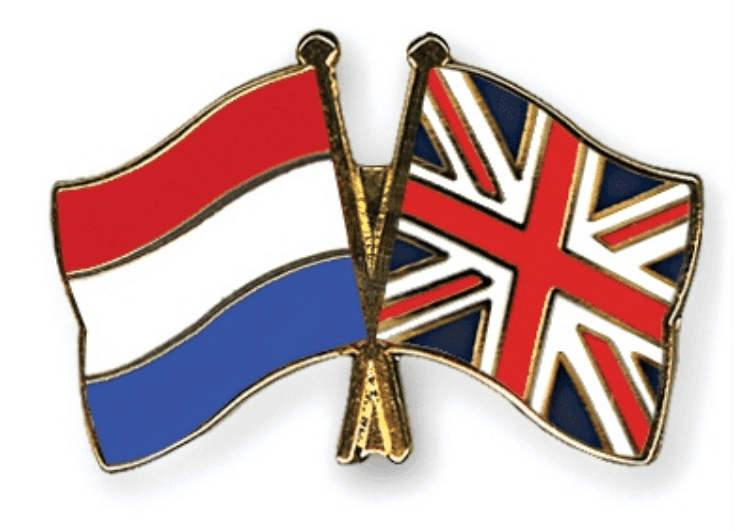How Will Dutch Studies Resolve the Impasse?
Substantially declining student numbers, reduced social status, dropping budgets: Dutch studies (the study of the national language and its literature) has encountered heavy weather throughout the world, including Flanders and the Netherlands themselves. Sven Vitse, lecturer in modern Dutch Literature at Utrecht University, reveals the problems and paradoxes, and argues that Dutch Studies should assertively and constructively provide a scholarly interpretation of social issues. Literature, for example, is an excellent opportunity for the practice of a skill which is acutely threatened these days: focus.
In 1999, when I chose my degree subject, the natural social status of a degree in Germanic languages was very convenient. Although there were enough people back then too who thought you should become an engineer or doctor, or at least an economist or lawyer, I had the impression that in Flanders ‘de Germaanse’ enjoyed a solid reputation as a general cultural degree that could be taken in many directions, and from which you derived a certain sort of intelligence, which one way or another commanded respect.
How a combination of language and literature in two Germanic languages (often Dutch and English) was precisely cut out for contemporary social needs, was a question which did not seem too pressing and thus did not require an answer. You became a ‘germanist’, and that was apparently all that was needed.
I recall little in the way of a mood of crisis, even if students dropped out in droves in the first year – in accordance with selection principles that received little consideration – and some specialised lectures were only followed by a handful of students. The Vrije Universiteit Brussel, where these carefree years played out, enjoyed a special political status, as a Dutch-speaking, non-denominational university in Brussels, which justified its small scale. Those taking the same degree in Ghent or Leuven could easily expect to be packed into an auditorium with hundreds of fellow students.
Justification and reflection
This retrospective view is not intended as a nostalgic digression, nor as an analysis. It is purely an illustration, a contrast with the situation in which I work today as a lecturer in Dutch literature in Utrecht. For some time now I have felt the need, as have many of my colleagues, to spend part of my work time justifying my subject and reflecting on its so-called crisis. This article is just one of the many products of this collective exercise.
Study of the national language and its literature is encountering heavy weather in various locations in Europe, and at the Flemish universities, too, the number of students opting for a degree in Dutch is dropping. Nevertheless I would like to focus here on the situation in the Netherlands, because the broader problem assumes its own individual form under the influence of local factors in the Netherlands.
Characteristic of the Dutch situation among other things is the institutional embedding of the subject area. In the Netherlands I am identified as a ‘neerlandicus’, a word I had never uttered before my appointment in Utrecht. The degree in Dutch language and culture no longer exists only in parallel with English or German, now that degrees in literary studies, communication studies and linguistics have been added to the mix.

In this context the question of Dutch studies’ right to exist comes into sharp focus. Why isn’t Dutch literature part of literary studies, and why doesn’t Dutch language fall under communication studies? To what extent do our disciplines together not only form a degree but also a subject area? In times of surplus these questions did not need answering. After a decade of consistently falling student intake, they can no longer be ignored. That is annoying and time consuming, but not necessarily a bad thing.
The problem of intake brings me to the infrastructural dimension of the suspected crisis. Two independent developments merge to form a fateful combination for Dutch studies: intake drops in a period in which the financial resources are decreasing globally and in particular must be allocated locally according to ever tighter arithmetic principles.
Compare education with a scheduled flight: if an empty seat is financially disadvantageous, do you send an aeroplane into the air half full or do you cancel the flight? In the relatively short term a similar rationale can herald a vicious circle of shrinkage, with all the instability, stress and permanent restructuring that entails. It sounds paradoxical, but falling intake figures increase the workload – albeit in a different way from overfull study groups. Given that a relatively large number of researchers are appointed as lecturers for a degree course, the funding of the subject area depends to a large extent on university teaching. Due to this institutional anchoring, falling intake is the most acute threat to the discipline.
Many-headed monster
Another, less acute dimension, more symbolic in nature, relates to the social status of the subject and the degree course. This dimension is a many-headed monster and it remains difficult to interpret the relationship between status and student numbers. One hypothesis often repeated in the Netherlands states that the reputation of Dutch as a school subject and the gap between the subject in school and the academic subject area act as a brake on intake.

Relatively underrepresented, at least in Utrecht, are not only students with an immigrant background but also male students. Does this say something about the image of the subject? To add to that, it is also often suggested that the declining status arts subjects damages the legitimacy of literature (as a sub-discipline of Dutch studies). An interesting question here is whether – and if so why – this affects Dutch studies to a greater extent than the comparative, in part anglicised, literary studies.
A delicate aspect of this symbolic dimension is the relationship between the subject area and the nation. Traditionally the study of the national language and the texts written in it are interwoven with the project of nation formation and the great importance attached to language and textual culture in that process. This relationship means that there is still a distinction today between a degree in Dutch and one in a foreign language, although they share the historical coupling of language and literature. That distinction is somewhat concealed in an education system such as that of Flanders, where two languages are combined, but is prominent in the Dutch model.
The latter may not always have been the case, certainly not in the 1990s, when the number of students of Dutch peaked (at many times the current numbers). The intake was remarkably high in a cultural context in which national identity was not explicitly seen as an issue, or only on the political margins – perhaps precisely because it was so self-evident and naturalised. In fact, this was a period in which the concept of nation was submitted to scholarly deconstruction (albeit a taboo subject). Today, falling intake coincides with a spectacular recurrence of the national issue in the political and public debate. In a period in which the Netherlands appears to be increasingly worried about national identity and culture, fewer (parents of) eighteen-year-olds opt for a degree in Dutch.
At the same time subject areas such as history and international relations, as well as English language programmes, attract full lecture theatres. The worry about Dutch culture seems to strengthen rather than reverse the trend for Anglicisation. It thus confirms a policy of internationalisation that focuses on the intake of students from abroad. In fact Dutch studies could provide its very own interpretation of that internationalisation: as an internationally widespread subject with Dutch as the language of study, it occupies a special position, one that it could embrace more firmly.
Nationalist drum
Meanwhile the relationship between Dutch studies and the nationalist revival is pressing. From an ideological viewpoint Dutch studies today is predominantly at odds with nationalist convictions. It takes the linguistic and cultural diversity of contemporary society as its starting point and rejects an exclusive concept of the nation. Nevertheless, pleas for the subject appeal to the importance of education and study in Dutch and the study and preservation of cultural heritage. In the current climate that is a tenuous position, as the plea unintentionally resonates with nationalistically inspired cultural preservation. At the same time, for several years now, the issue of Zwarte Piet (Black Pete, companion of St Nicholas) has exposed how high the tension between the study of Dutch culture and Dutch nationalism can rise.

It seems to me that the underlying problem is that the political and public space – in any case in the Netherlands, but perhaps outside too – is increasingly dominated by two apparently conflicting movements: neoliberal globalisation and identitarian nationalism. I write ‘apparently’ on the assumption that the latter is a backlash against the former. At this point, however, they are two closely fitting arms of a nutcracker in which Dutch studies is trapped. The subject is failing to thrive under the neoliberal policy model, with the associated pressure to anglicise and the logic of returns on investment in education and research (although in this respect there may be differences between the sub-disciplines). The stirring of the nationalist drum still seems an unappealing alternative. The buffer of a broad, socially anchored, socially democratic, cultural ideal is only residually present.
Professional expertise
Well? I hesitate, as a fully fledged neoliberal, to call this impasse an opportunity. In any case it forces Dutch studies – anyone involved in institutions in the area of Dutch language and culture – to define their position. In the current context of scarcity, experts in language, communication and (historical and modern) literature no longer practise alongside one another. An innovative integration of the sub-disciplines has been imposed, not only for pragmatic reasons such as a reduced range of courses, but also from a principled consideration: what binds us is a responsibility with respect to the various linguistic and cultural communities from which society is constructed. That applies both to local and to cross-border linguistic and cultural communities, but also of course on the national level.
More than ever, a society like that of the Netherlands needs academic and professional expertise in language contact, cultural interaction, language acquisition, cultural dissemination, and textual culture now and in the past. And just as evident as the international embedding and orientation of Dutch studies is its connection with the linguistic and cultural issues playing out here. Issues in which Dutch studies should emerge not as an arbiter or spokesperson – aversion to the assumed bias and moral superiority of cultural criticism is playing havoc with our discipline – but should provide assertive and constructive scholarly interpretation and analysis. Dutch studies should, moreover, train specialists who can support the linguistic and cultural emancipation of everyone, in education, in the public sphere and in government. Integrated insight into the linguistic and cultural composition of society is a requisite of that task.

Community-forming potential
Literary studies in particular have to take a position on the complex contortions to which the concept of literature has been subjected in recent decades – from canon-focused to canon-critical. Has literature maintained the position it traditionally held in Dutch studies? The bachelor degree is called ‘Dutch language and culture’, so it seems legitimate to understand the cultural dimension more broadly than the traditional interpretation of literature. In any case, there is the question of demarcation: which cultural manifestations belong to the research area of literature and to the curriculum of a degree in Dutch language and culture?
Although I am inclined to understand literature broadly as textual culture, including spoken and sung texts, I believe that the slow, attentive study of integral literary works today is more socially relevant than ever. The aim is no longer to impose, perpetuate or contest aesthetic (and therefore social) hierarchies. Literary texts are study material first and foremost because they are compact, lasting sources of information. Form and subject matter register cultural experiences in a concentrated and relatively accessible form. Literary texts are also a good way of practising an acutely threatened cognitive skill: attention. Perhaps today this is the most urgent task of literature: basic attention training in a technological and commercial context which is destroying this capability.
Finally the society-forming potential of literature in contemporary culture is of prime social relevance. The complex psychological, physical and emotional complaints with which many people are struggling today are coming to be predominantly viewed as matters of individual responsibility in neoliberal society. Problems which threaten us collectively, such as social inequality and climate change are systematically concealed behind easily exploited conflicts of identity. In literary texts, and in their communal reading and study, these problems can again be made collective – albeit on a small scale – and be placed in a communal context.
From this perspective scholars of Dutch studies can give these cultural manifestations meanings which are seen by peers and by the public as enriching and broadening to the mind.






